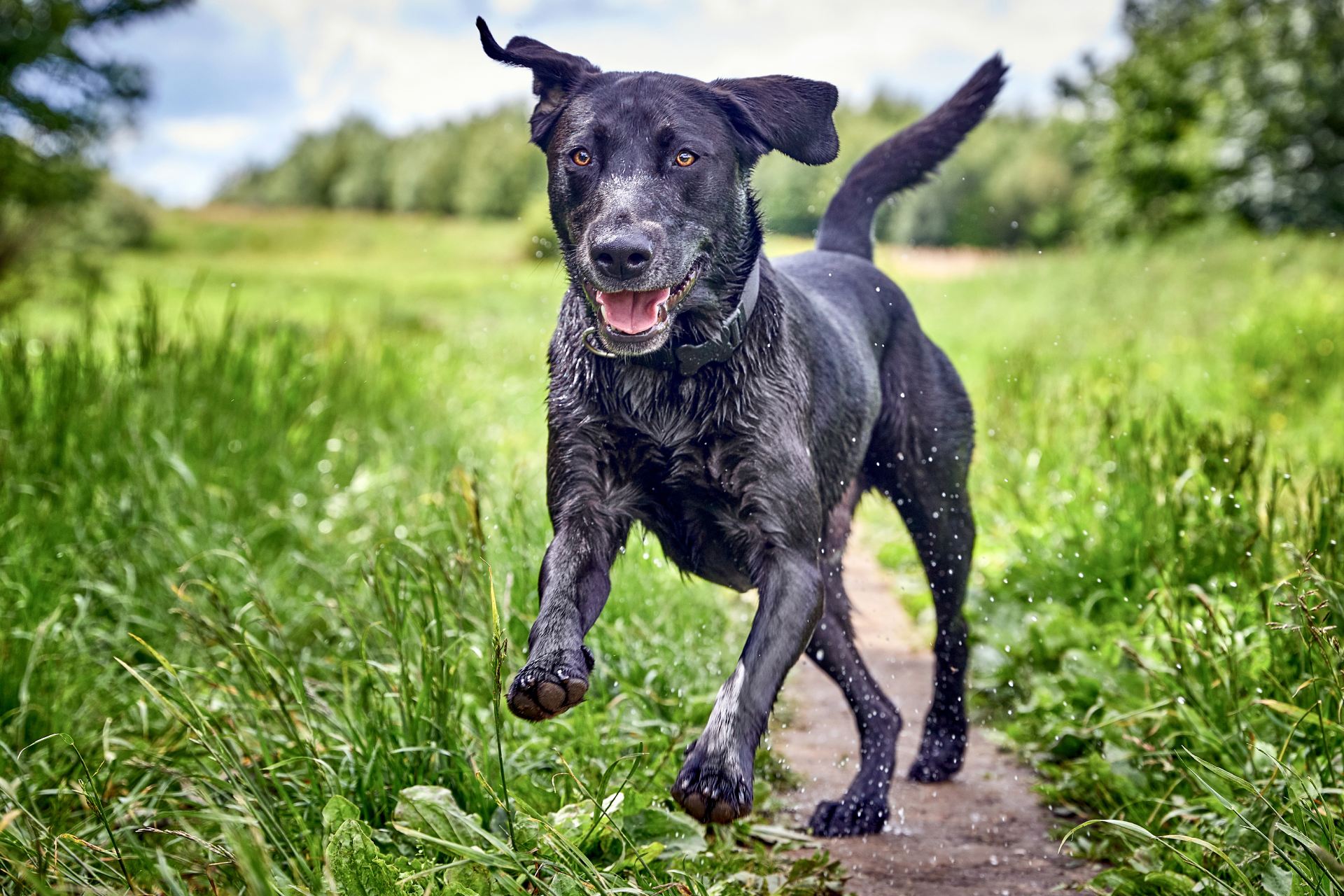Osteosarcoma is a type of bone cancer and is one of the most common canine cancers. It has risen from being almost unknown fifty years ago to around 10,000 cases reported a year in the US alone. It is now affecting younger dogs especially, those of the bigger breeds...

The incidence of osteosarcoma seems to be greater in dogs than in any other species, possibly 10–50 times higher than in humans1. Osteosarcoma almost always originates as a primary cancer in the skeletal system often metastasizing to the lymphatics progressing as a secondary cancer located in the lung. 1.
There are some signs and symptoms that may indicate the presence of osteosarcoma, but it is essential to get a veterinary examination and diagnosis. If you notice any of these signs or have concerns about your dog's health, it's best to consult with a veterinarian as soon as possible. Early detection and intervention can greatly improve treatment options and outcomes for dogs with osteosarcoma.
Some signs of Osteosarcoma;
Lameness or limping
Osteosarcoma often affects the long bones, such as the limbs, and can cause lameness or limping. The lameness may be intermittent at first but can gradually become more persistent and severe.
Swelling and pain
A noticeable swelling or lump may develop in the affected area. The area around the tumor can be painful to touch, and your dog may exhibit signs of discomfort, such as whining or reluctance to put weight on the affected limb.
Fractures or breaks
Osteosarcoma weakens the affected bone, making it more susceptible to fractures or breaks. Even minor trauma or stress can lead to fractures in bones affected by the tumor.
Decreased activity level
Dogs with osteosarcoma may become less active and show a reluctance to engage in physical activities they previously enjoyed. They may also tire easily or be reluctant to go for walks or play.
Loss of appetite and weight loss
As the disease progresses, dogs with osteosarcoma may experience a loss of appetite, resulting in weight loss. This can be a general sign of discomfort or illness.
Behavioural changes
Dogs in pain may display changes in behaviour. They may become more irritable, restless, or display signs of depression. They may also lick or chew at the affected area in an attempt to relieve discomfort.
McDowells Products
The Osteosarcoma Program contains four products that work together with the aim to slow down and reverse the development of the Osteosarcoma, bringing it into remission.
The combination of treatments, along with dietary changes including (where possible and practicable) a return to a single meal each day consisting of mostly raw meaty bones offers the best chance of bringing a case of Osteosarcoma into remission (especially in younger "patients".) Sustaining the remission is harder, especially beyond the 12- and 24-month mark.
The important distinction between my herbal treatment and orthodox medicine is that, here I am aiming to reverse the underlying processes which allowed the cancer to develop in the first place. This is distinct from the aim of removing, or otherwise destroying cancerous cells directly once the process of cancer has begun.


